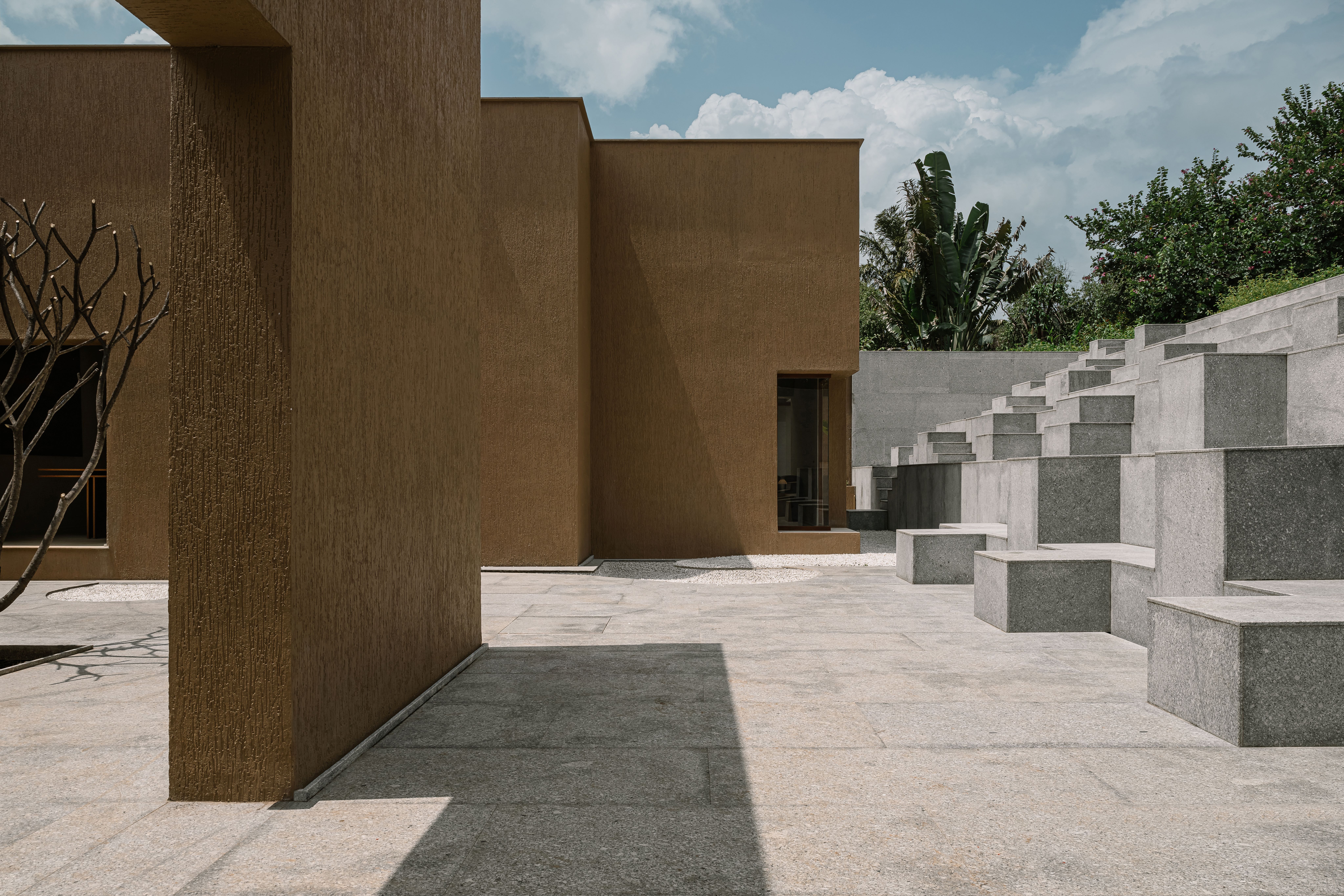
Pune, a rapidly growing city of seven million inhabitants in the state of Maharashtra, India, is a roughly three-hour drive south-east along frenetic winding motorways from the coastal megacity of Mumbai. A thriving IT hub, the city boasts several universities with stellar design programmes. However, it’s never been considered a destination for design or craft – a fact designer and entrepreneur Nikita Bhate is attempting to change with the founding of SĀR Residence, a multi-use concept space that acts as an extension of her furniture brand, SĀR Studio.
SĀR Residence, a new flagship space in Pune, India
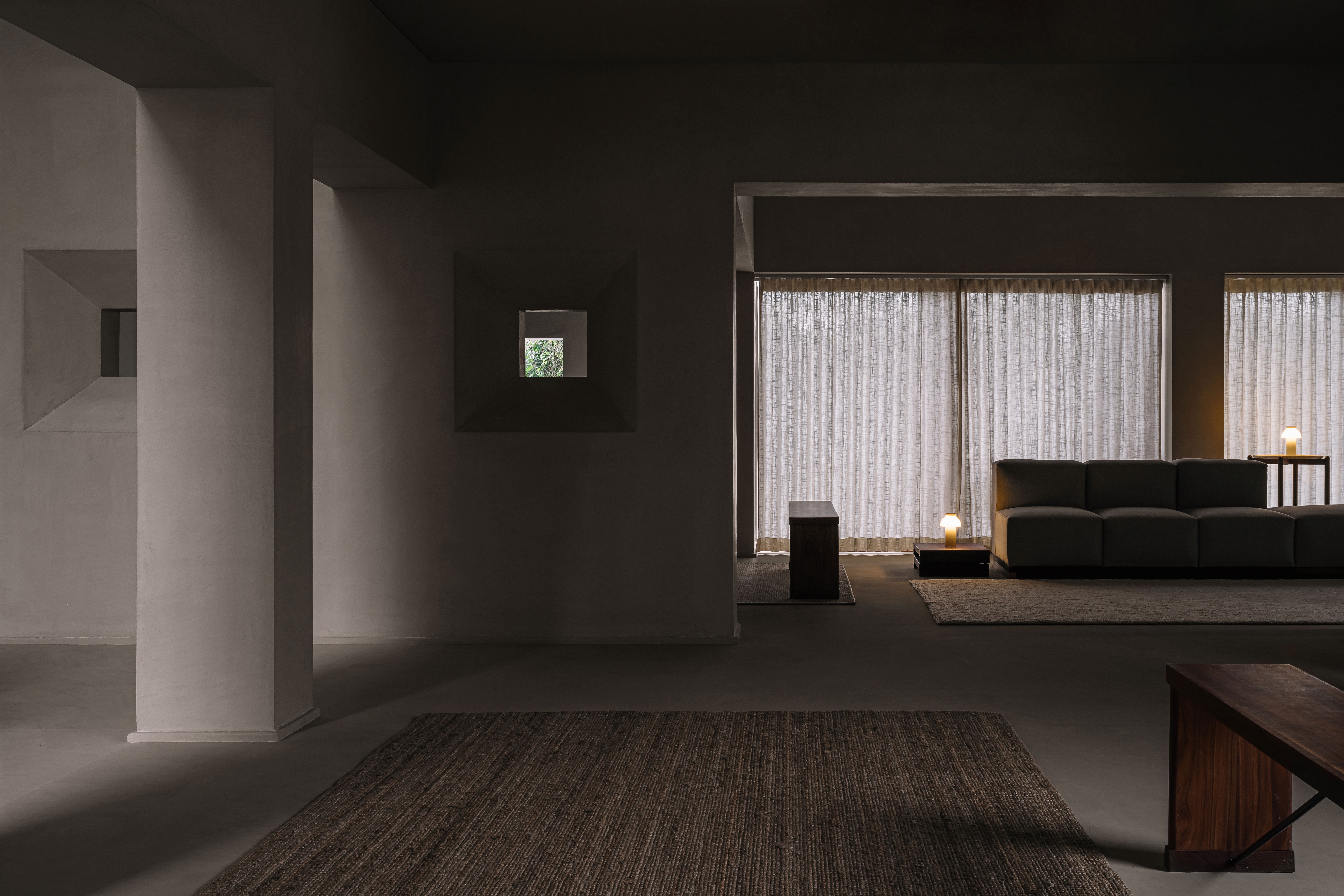
It’s a humid day in November and Bhate is sitting cross-legged – tucked into a marigold orange table raised just a few inches off the ground, part of the ‘Rise’ collection that SĀR launched that week – on a flagstone platform that projects over the edge of a hill. Behind her, a dense jungle of crawling vines and leafy palms tumbles down the gentle slope. In the distance, the sprawling city centre sits smothered by a blanket of dense grey smoke that emanates from the surrounding farms as the brush is cleared from fields.
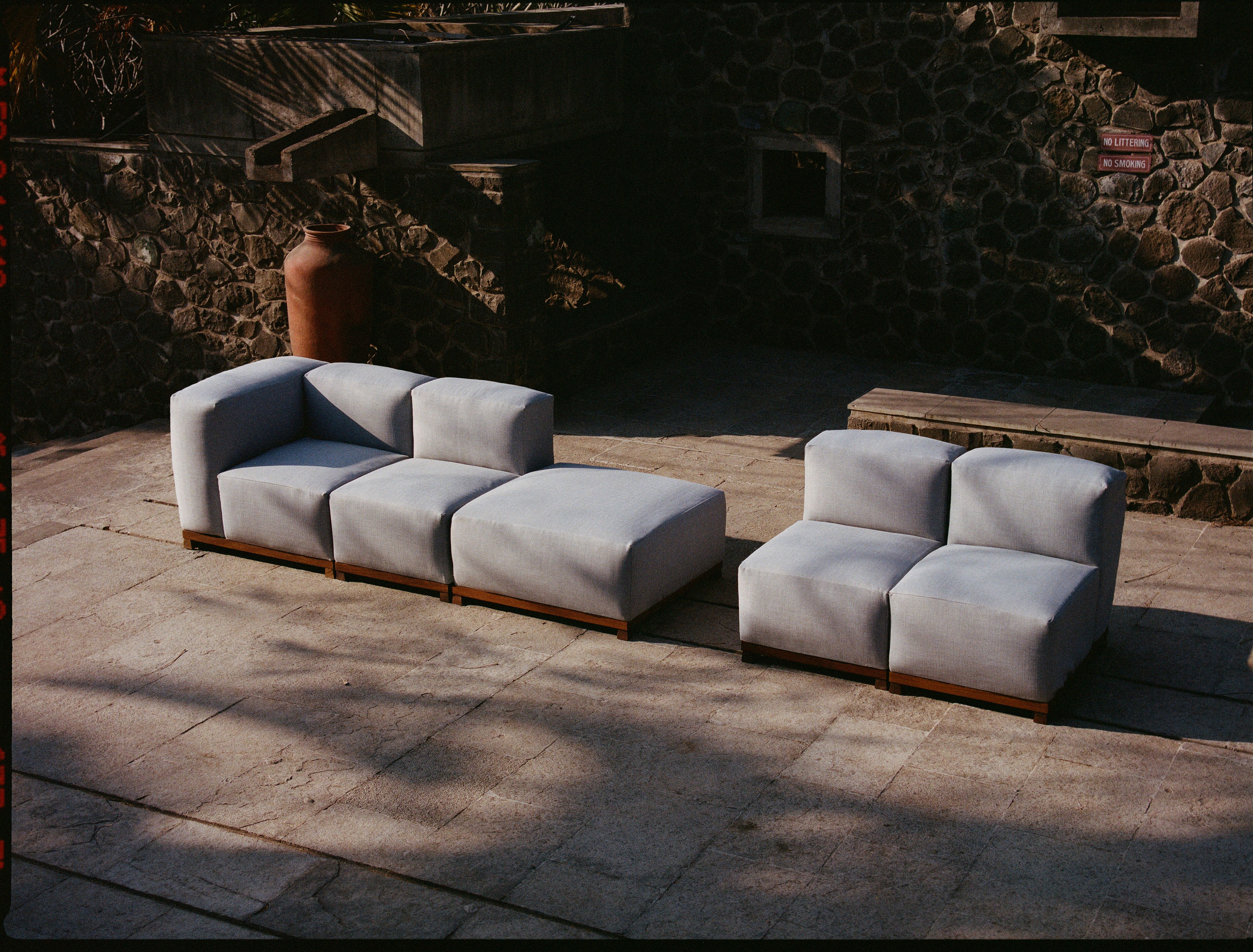
Bhate, joined at the table by SĀR’s creative advisor, Germany-born designer Pascal Hien, has found a rare moment of calm amidst the three-day gathering she has organised to celebrate the inauguration of SĀR Residence, a flagship shop, office space and residence that will soon accommodate designers from across the globe. ‘We want to be able to host people,’ says Bhate, who curated a programme of product launches, talks, workshops and performances for the 300 or so guests invited to the event. ‘Because when you’re hosted, you really experience the culture.’
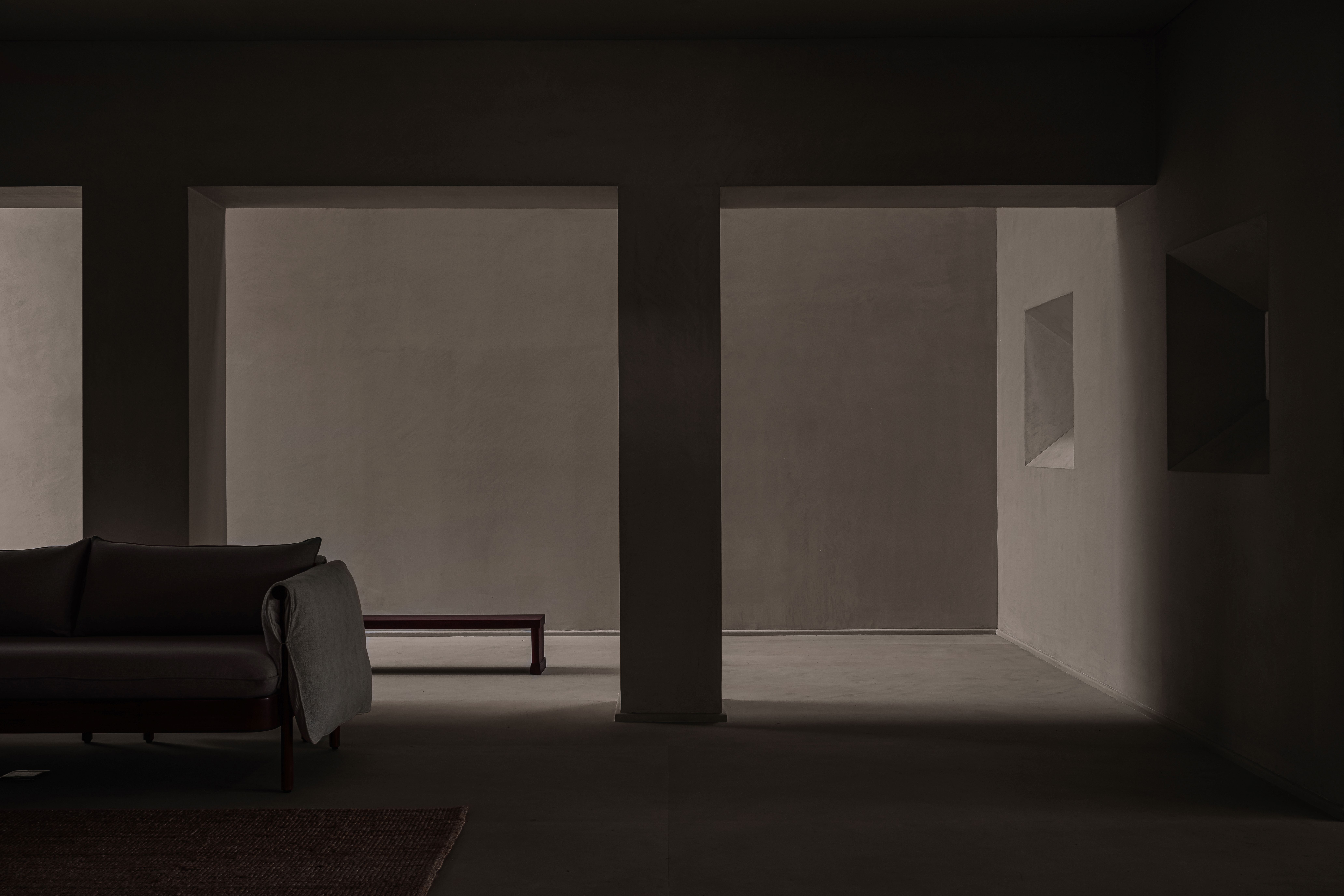
According to Bhate, the seed for the SĀR Residence was planted over a decade ago, during her time at the design residency and research centres Fabrica, in Italy – where she and Hien met – and Vista Alegre, in Portugal. She spent those formative years enmeshing herself in the varied cultures of her international colleagues and dreaming of a similar programme in her hometown of Pune.
After establishing SĀR Studio in 2019 – best known for its handmade furniture designed for modern Indian homes – she began planning a space that could act both as a headquarters and a residence: where designers from abroad or across India could come, soak in the local culture, and perhaps collaborate on new furniture for the brand. ‘Both Fabrica and Vista Alegre were in secluded places in the middle of nowhere,’ she says, explaining why she chose this bucolic plot of land on the outskirts of Pune. ‘I know, commercially, it would be a better idea to build a flagship in the middle of a city, but I wanted it to be more about the experience.’
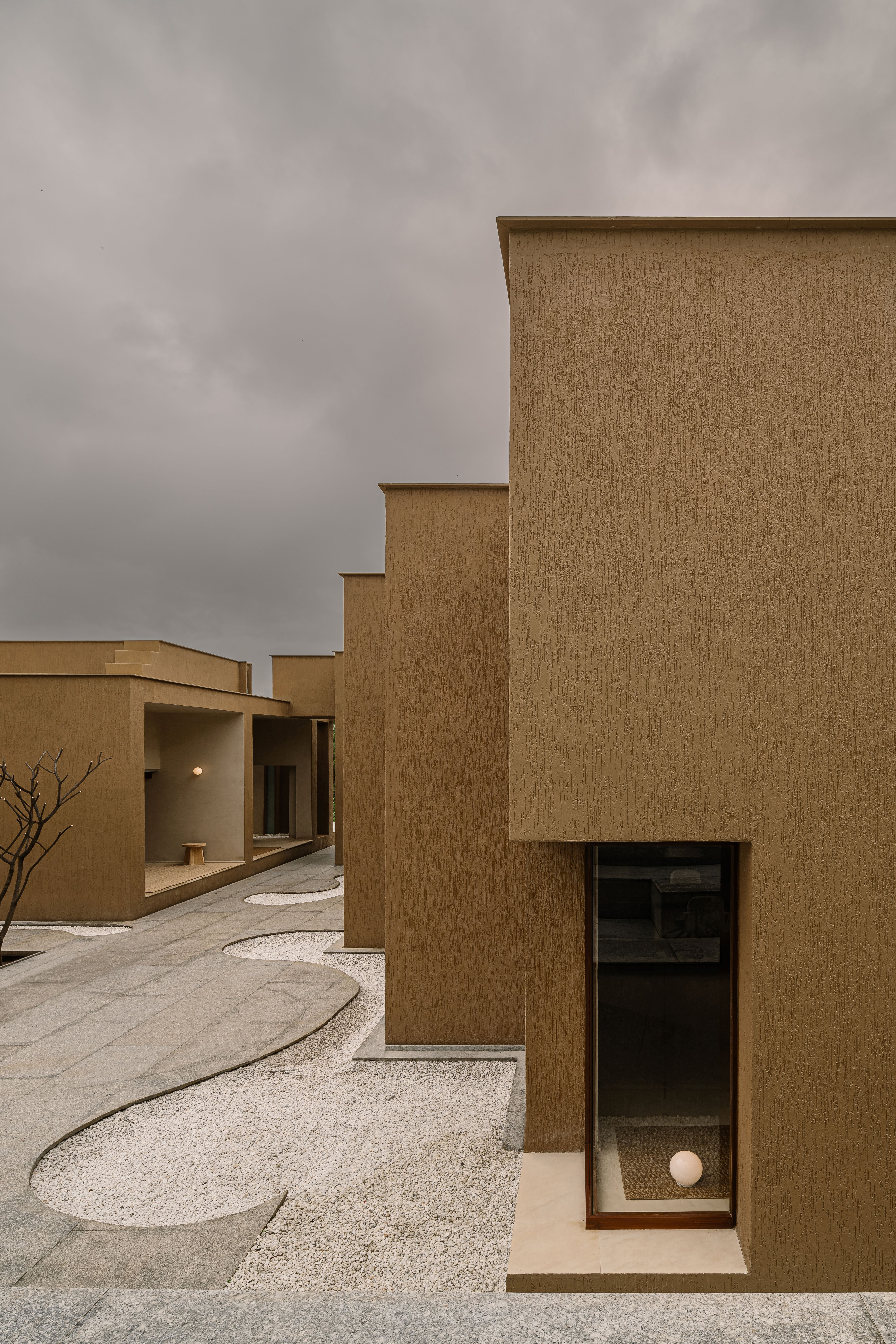
But first she needed a space. She turned to local architect Girish Doshi to create a compound that melded Indian and European sensibilities. The cluster of buildings is formed of a chain of earth-toned volumes of varying heights and sizes surrounding a central courtyard bursting with bamboo and palms transplanted from the surrounding jungle. ‘Doshi’s building doesn’t look like traditional Indian architecture, but you see the essence,’ says Bhate. ‘All the terraces are interconnected or have small bridges. All the windows coincide with another window, like the old forts in Jaipur, so you have sight lines that connect the different spaces.’
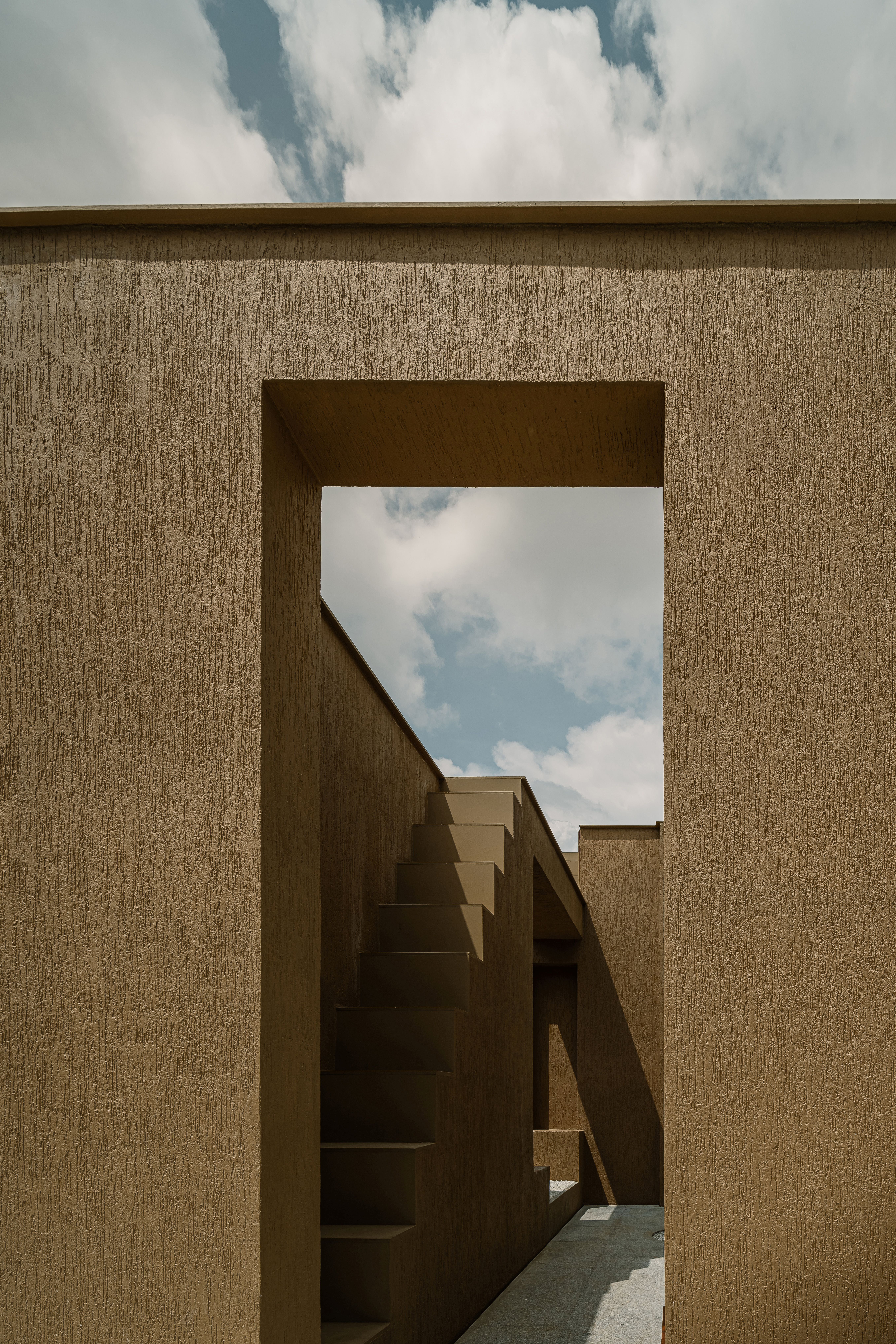
The compound has been built into the side of a hill, and Doshi took advantage of the natural slope to install a set of symmetrical granite risers, so visitors enter from above and descend downwards into the compound like an amphitheatre – with the architecture acting as a stage set. During the inauguration, a troupe of traditional dancers flitted across the rooftops, backdropped by a swollen orange moon.
At the same time, another terrace became an al fresco dining space, where Berlin-based food designer Dea Kaker Štrucl laid out a creative spread derived from local ingredients that included mosaic-like compositions of dried fruit and sweet butter biscuits filled with homemade apricot jam.
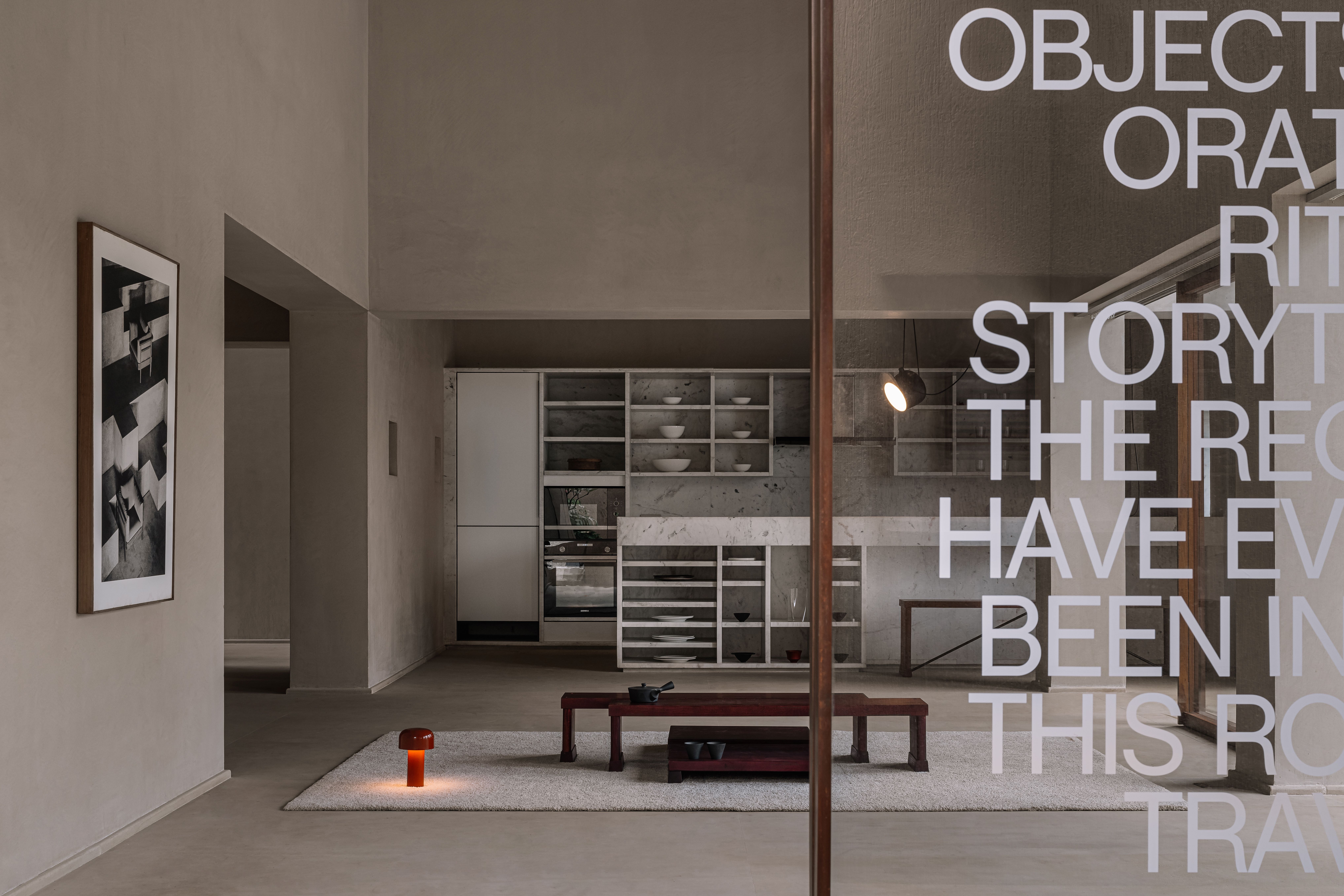
Bhate also took the opportunity to launch two new collections for SĀR, both the result of extensive research into Indian habits of living and hosting. ‘The purpose behind designing an object is important,’ says Hien. ‘So when we were looking at India, we were looking at spaces like Mumbai or cities like Pune, where there's so much development that houses are becoming smaller and smaller.’
This observation dictated the concept for the new ‘Rise’ collection, designed collaboratively between Bhate and Hien. ‘In every small house, you will always find a dining table against a wall,’ Bhate explains. ‘When people come over, you’re always struggling to move furniture around. So we made a table and benches that nest within one another.’ Each sofa, table and bench in the collection, ‘started with a plank – a simple platform – and evolved from there’, adds Hien.
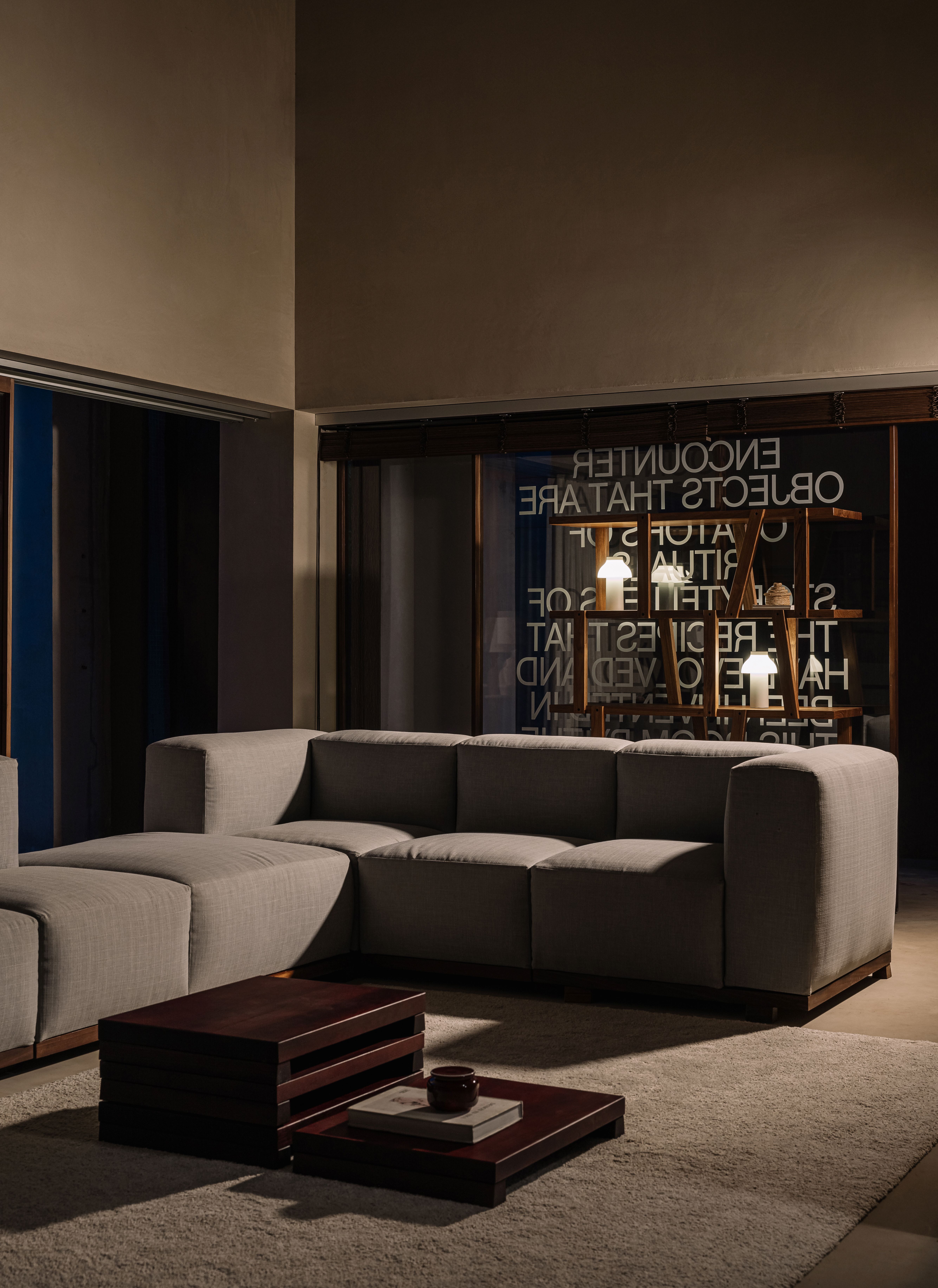
SĀR also debuted a new edition of the ‘Paffe’ collection – a series of sofas and armchairs formed of a slender teak frame with soft quilts draped over the arms and backrests that can be removed and repurposed as floor seating – by Italy-born, Rotterdam-based designer Giorgio Gasco. The latest model riffs on the original composition, yet its added height and new plush cushions make it easier to lower yourself into the seat and remain there comfortably.
‘It’s a new ergonomic approach that helps the older generation. Because, in India, there is always that conversation: “Is it too low? Is it too deep? How do we get out of it?”’ says Bhate. ‘It’s the same structure, but it caters to a different segment of the population.’
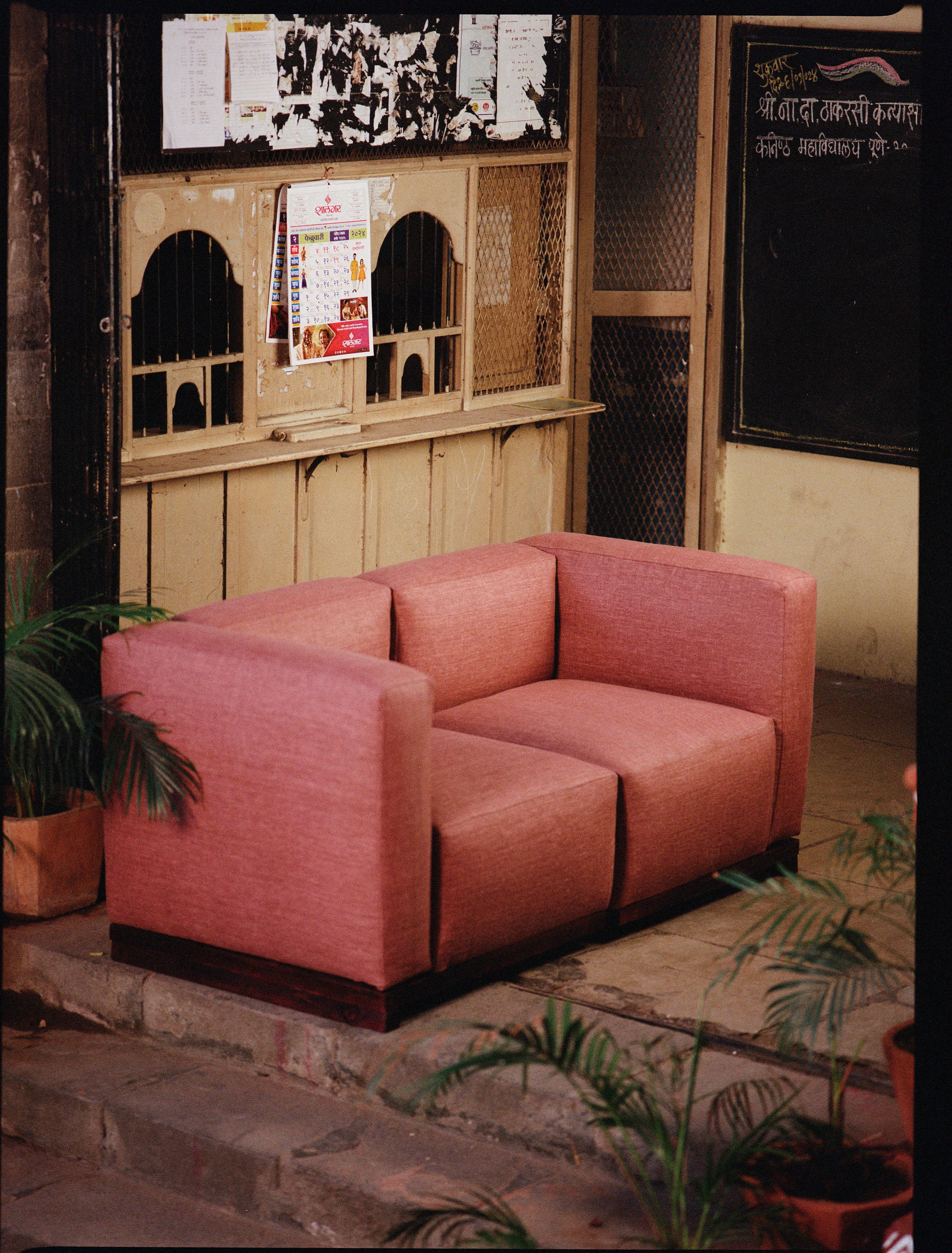
There are plans to start accepting residents in the spring of 2025, but in the meantime, Bhate reveals the space will operate as a community hub in addition to the brand’s showroom and head office, hosting film nights, concerts and workshops for the designers and creatives who call Pune home.






